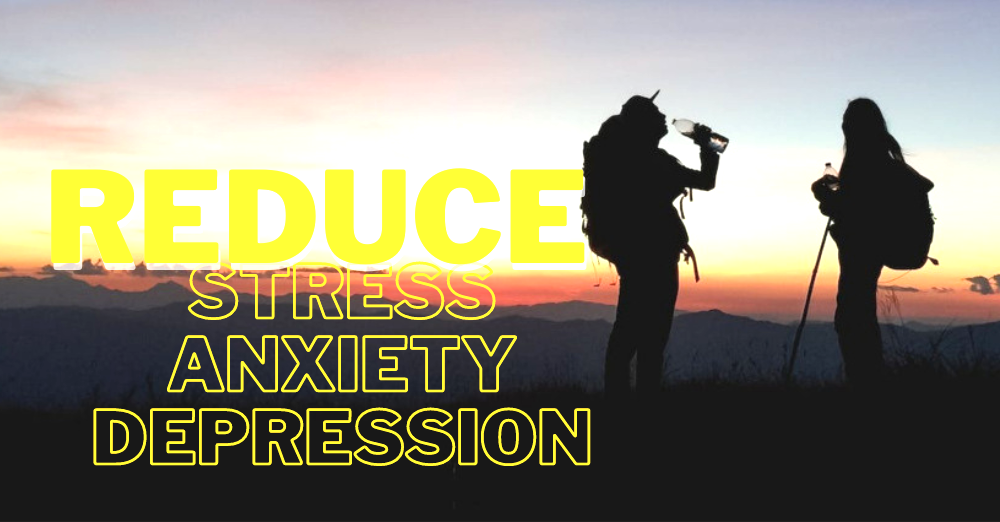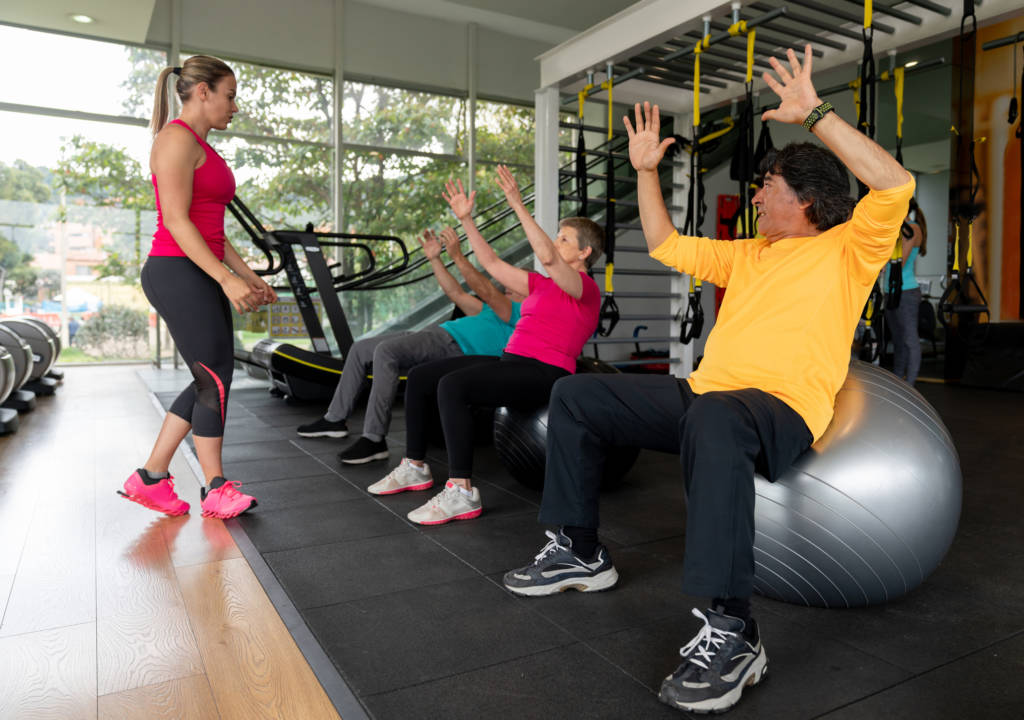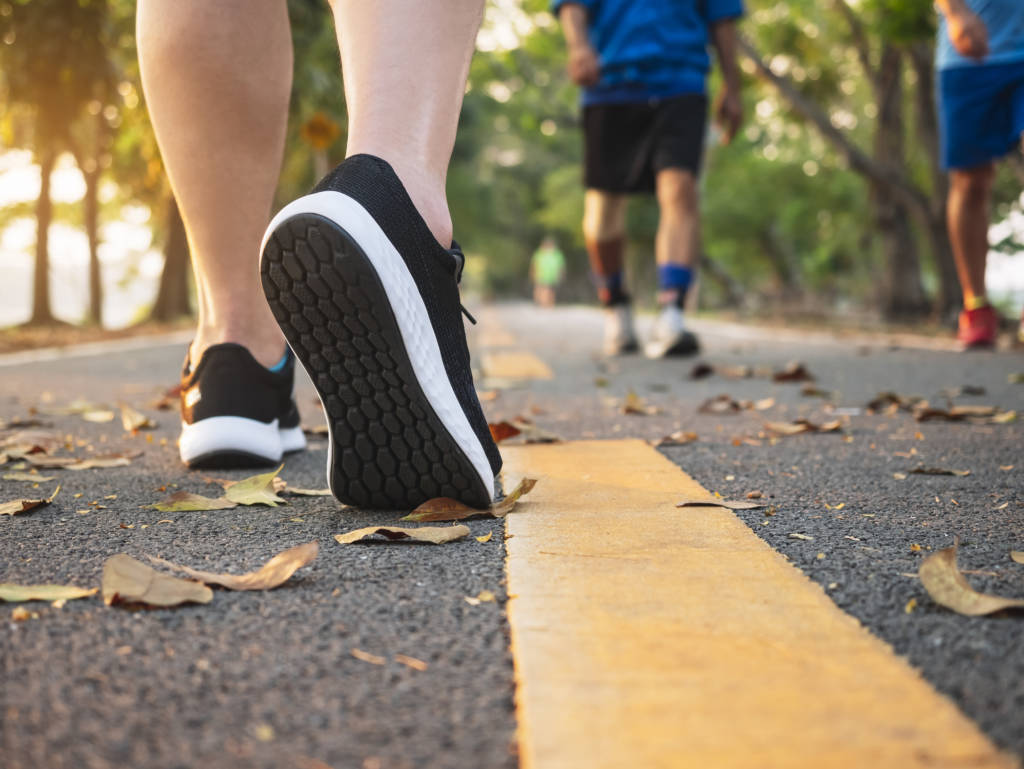
It had been a while since Amy was out hiking, but she was determined to start again. She had been feeling sluggish lately and wanted to improve her fitness. So, she packed her backpack with bottles of water, some snacks, and a first aid kit, and headed for the trails.
As he climbed the steep incline, he felt his heart racing. But he didn’t give up, knowing the effort was good for his body. The scenery was breathtaking, with tall trees and colorful wildflowers along the trail.
After a few hours of hiking, Amy felt like a new person, with more energy and vigor. She had burned calories, making her feel better about herself.
Walking down the trail, she thought about the other health benefits of hiking. It was a great way to reduce stress, improve cardiovascular health, and strengthen muscles.

Hiking is an excellent example of moderate resistance training, where the body learns to use more fat as an energy source. The heart muscle gets stronger and pumps more blood per heartbeat. As a result, our pulse rate is lower during stress and rest. Patients with hypertension can benefit from this. Nutrients enter the cells better, where they contribute to their regeneration.
With hiking, in addition to endurance, you also train your muscles: legs, torso, and arms. Downhill, the gluteal muscles must absorb the body weight repeatedly and become more vigorous.
The fact that active vacations at different altitudes have a positive effect on health has been demonstrated by the Austrian Moderate Altitude Studies (AMAS) sports-medical research project.
The thinner air forces the body to form more red blood cells and increases oxygen uptake. They eventually promote the cardiovascular system and make it more efficient.






